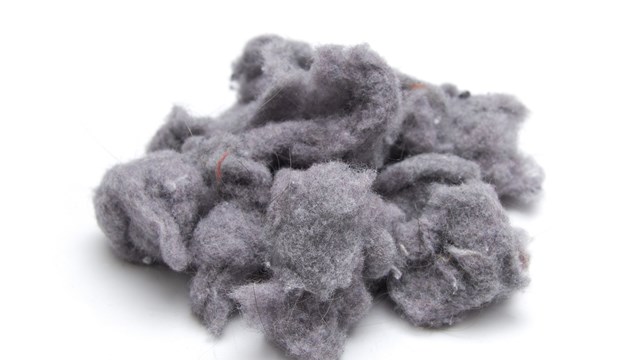—Under Pressure in Manhattan
“What you do not want to do is to create a situation where the cooperative views you as an undesirable cooperator. An informal, problem-solving approach is more likely to work than pointing fingers and making accusations. I would approach a board member with whom you are friendly (or the managing agent for the building) and discuss this issue carefully and calmly. Perhaps the board of directors of the cooperative is not aware of the problems being caused by the washer and dryer. Keep the emphasis on the problems you (and presumably other shareholders in the same line of apartments) face when the unauthorized washing machine and dryer are used—inability to shower, wash, etc.).
“A less antagonistic approach has the benefit of allowing you to find out what is really going on. There may be more going on here than appears on the surface. It could be that the cooperative was required to allow the board president to have a washer and dryer in the apartment as a reasonable accommodation under the Federal Fair Housing Act and the Americans with Disabilities Act. It may also be that the washer and dryer were there for such a long period of time with the knowledge of the cooperative that the cooperative may have waived its right to pursue [a violation for] the unauthorized washer and dryer, unless these appliances are causing a nuisance (leaks, water damage, etc.) and the board of directors is unaware of the extent of the problem these unauthorized appliances are causing.
“If you do not seem to be getting anywhere using the informal approach, you are still entitled to adequate water supply under the New York City Housing Maintenance Code and the New York State Multiple Dwelling Law. The loss of meaningful water pressure could be viewed as a nuisance by the courts and certainly could be a breach of the covenant of quiet enjoyment. The cooperative cannot ignore the loss of adequate water pressure caused by the use of the unauthorized washer and dryer.
“If your efforts to resolve this informally are unsuccessful, you can always commence what is commonly called an HP action in the New York City Civil Court to force the cooperative to address the water pressure problem or you could bring a shareholder’s derivative action against the offending board member. The HP action is the fastest, least expensive (and least antagonistic) litigation approach for all concerned and will result in an order to correct any violations found.
“You should remember that the New York City Department of Housing Preservation and Development (HPD) is the agency charged with investigating housing code violations including heat, hot water and lack of water pressure complaints—you can always call HPD’s heat and hot water hotline to make a complaint. HPD will send an inspector and, if the water pressure is insufficient, will issue a notice of violation. If the cooperative does not address the lack of water pressure, HPD can start civil enforcement proceedings against the cooperative to force repairs and to impose civil penalties.” n







2 Comments
Leave a Comment